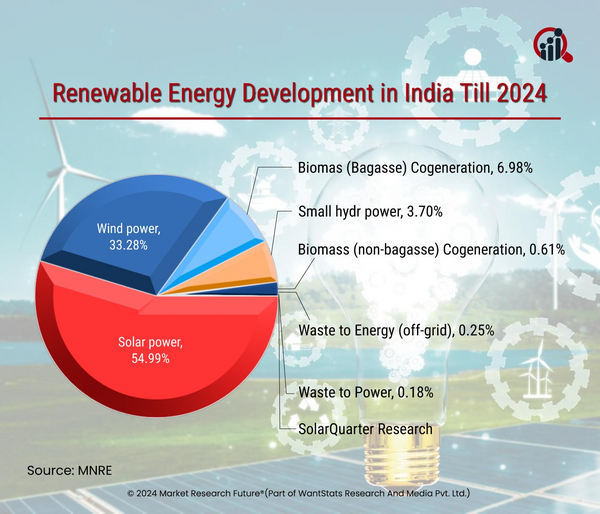India’s Power Demand Surges Due to Increasing Heatwaves
The clean energy transition is growing rapidly in different nations to reduce carbon emissions. Globally, countries are taking various initiatives in 2024 to achieve net zero emissions by the end of 2050. Asian countries are increasing their green energy sources to fulfill the demands of clean fuel, electricity, and other energy sources in 2024. Simultaneously, the climatic changes in India will affect the energy sector in 2024. The heatwaves throughout India led to a surge in power demand that records for all time.
According to surveys in 2024, extreme heatwaves in India hindered the power supply due to soaring demands. This is due to various climatic factors, such as climatic changes, El Nio, population growth, transportation, and others. As per the surveys, the transportation sector contributes around 88 percent of carbon emissions to date. Climatic changes with an increase in fossil fuels, deforestation, and the like follow it. Additionally, all these factors threaten the transition to clean energy, as they focus on adopting green energy and reducing carbon emissions. However, it is challenging for an over-populated country like India to transition to clean energy within the stipulated time. The nation puts effort into the clean energy transition in several ways, but more work in the climatic sector is still needed.
A sudden increase in the heatwaves led to a surge in power demands in the Indian summer of 2024. Based on the survey data, India’s power demand is expected to hit a record of 250 gigawatts (GW) by the end of June 2024. Hence, the high heat in the Indian states can lead to high electricity demands. Eventually, the surge in electricity demand can lead to power shortfalls. These factors warn the utilities and grid operators to lessen the power shortages. Consequently, increasing heat waves in India are expected to reduce the efficiency of coal and nuclear power plants. All these consequences indicate an acceleration in clean energy transition by the end of 2030.






